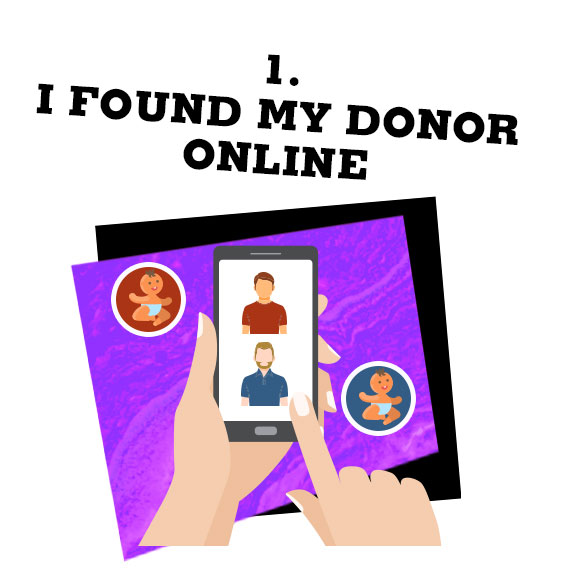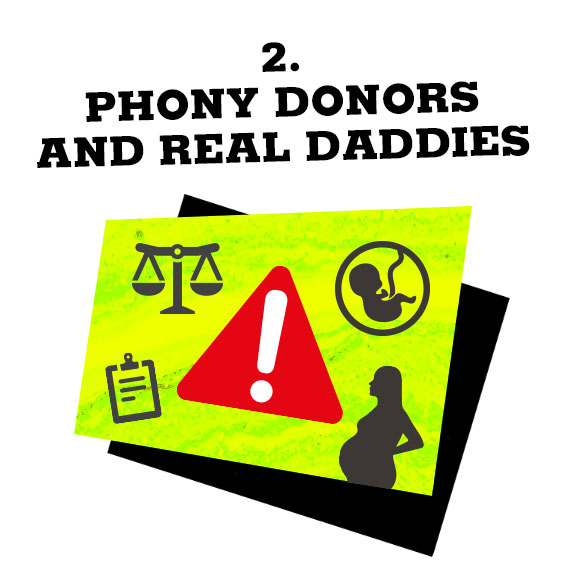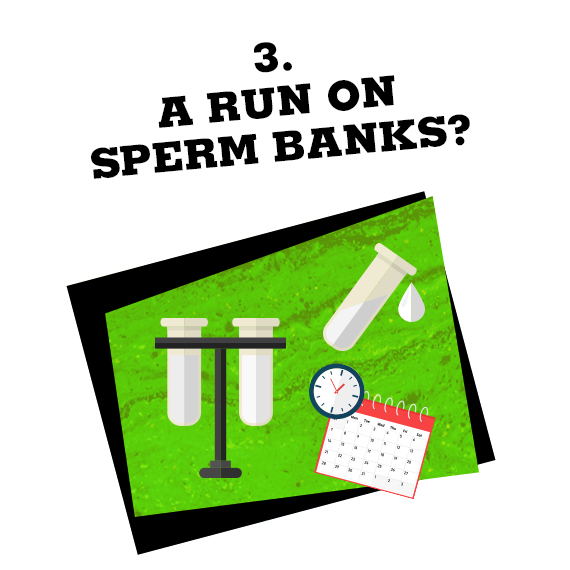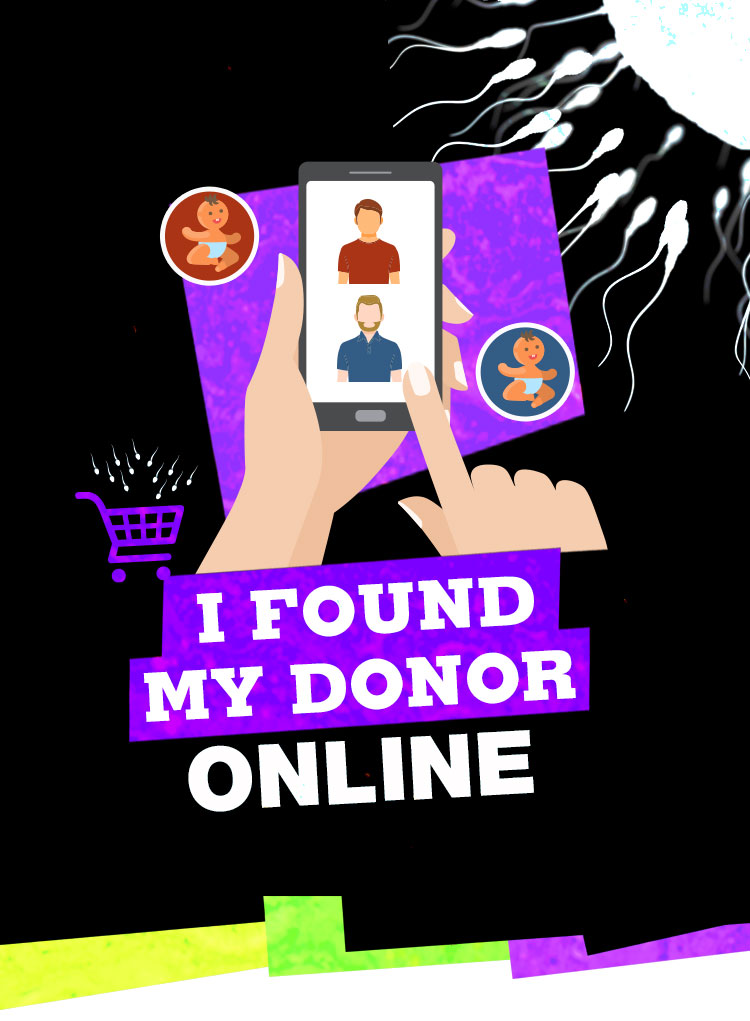Julie* always knew she wanted to become a mother one day. But in her mid-teens, she realised that fulfilling her childhood dream would prove more difficult than expected. Julie is a lesbian, and it is illegal for single and homosexual women in France to seek medically assisted procreation.
“I’ve always known that I differ from the heterosexual norm,” says the 38-year-old Parisian, flicking aside a strand of her long ebony hair. “And so already at a very young age I knew that the question for me wasn’t whether or not I wanted children, but whether it would even be possible for me.”
The realisation made Julie question whether embracing her sexuality, and being open about it, was worth the sacrifice of potentially never having a baby. She spent many sleepless nights anguishing over what to do.
“For a long time I considered pretending to be straight and finding a husband because it would make things so much easier,” she says. “But in the end I decided I just couldn’t put my life on hold like that.”
When Julie turned 30, her desire to become a mother had not weakened. Together with Marie*, her partner of two years, she decided to look for a sperm donor, even though it meant heading into illicit territory.
Julie
Turning to the Internet for help, Julie began looking up keywords like “donor”, “sperm” and “lesbian couples”. Within minutes she had found what she was looking for: a website that would put her in touch with sperm donors.
Set up in 2008, Co-Parents.fr works much like a dating site by linking profiles that match. Signing up is easy. Users are only required to provide their names and ages, an optional profile picture and a brief description. Some are looking to co-parent a child, while others search for egg or sperm donors, or even surrogate mothers. Julie and her partner spent a month and a half browsing the website before they felt they had found a suitable candidate.
“There are all types of people on there, some a lot less serious than others,” Julie says. “We were chatting with about four different guys, but half of them demanded their donation be made through ‘natural insemination’, implying sexual intercourse, which was obviously out of the question for us. It was creepy.”
Despite the disturbing online encounters, Julie and Marie decided not to go for the safer option of travelling to countries like Spain, Belgium or Denmark, because they didn’t want their donor to be anonymous. Unlike France, such countries allow medically assisted procreation for single women and same-sex couples. But all sperm bank donations in Spain are anonymous, while sperm banks that are open to foreign women in Belgium and Denmark only reveal the identity of non-anonymous donors once the child has turned 18.
“I didn’t want to end up in a situation where I wouldn’t know what to answer if one day my child asks where he came from,” Julie says. She also points to the steep costs of undergoing such treatment abroad. “You need a lot of money because on top of the sperm and the treatment, you have to pay for the travel, the hotel and the food,” she explains.
Julie
Julie and her partner finally settled for a Co-Parents.fr registered donor named Matthieu*, who had no conditions attached to his donation and seemed sincere in his explanation that he just wanted to help people out. “We essentially chose him because of the ‘vibe’ we got,” Julie says. Matthieu, who had already donated his sperm several times in the past, also agreed that his identity would not be kept a secret from the child and that he would be available if the child wanted to meet him, or if the parents needed more details about his medical history.
About two weeks after first meeting Matthieu over coffee, Julie messaged him to say she was ovulating, and he agreed to pass by later that evening. Nervous but hopeful, the two women opened up their home. “Basically, we just had to trust him,” Julie recalls.
Julie
Matthieu turned out to be true to his word and respected the couple’s demand for an artificial, and non-intimate, insemination process. “He did what he needed to do in a small cup and when he was done, he brought it to me in the other room and I injected it [the semen] with the help of a pipette.”
It took four months of inseminations before Julie got pregnant. At times, she would find herself alone with Matthieu in the apartment because Marie was working. “At first it didn’t feel very reassuring, but I got over it pretty quickly,” she says. Aside from asking Matthieu to provide up-to-date test results for sexually transmitted diseases, Julie and Marie say they didn’t take any safety measures to protect themselves.
“I guess our desire to become mums was so great that we unconsciously chose to ignore some of the risks we were taking,” Julie says. In hindsight, the couple count themselves incredibly lucky, she adds. “We could have opened our door to someone completely crazy.”
Today, Julie and Marie have a lively 6-year-old son, Kevin*, who seems more than content with his family. The boy has yet to ask who fathered him. “The questions might arise as he gets older though,” Julie says, adding that she and Marie have planned to invite the donor over for dinner before the end of this year. Kevin, who’s taken a brief break from playing with the kids next door, wraps his arms around his “Mama and Maman” in a bear hug. Julie smiles: “For him, there’s nothing strange about our family.”
*Names have been changed




